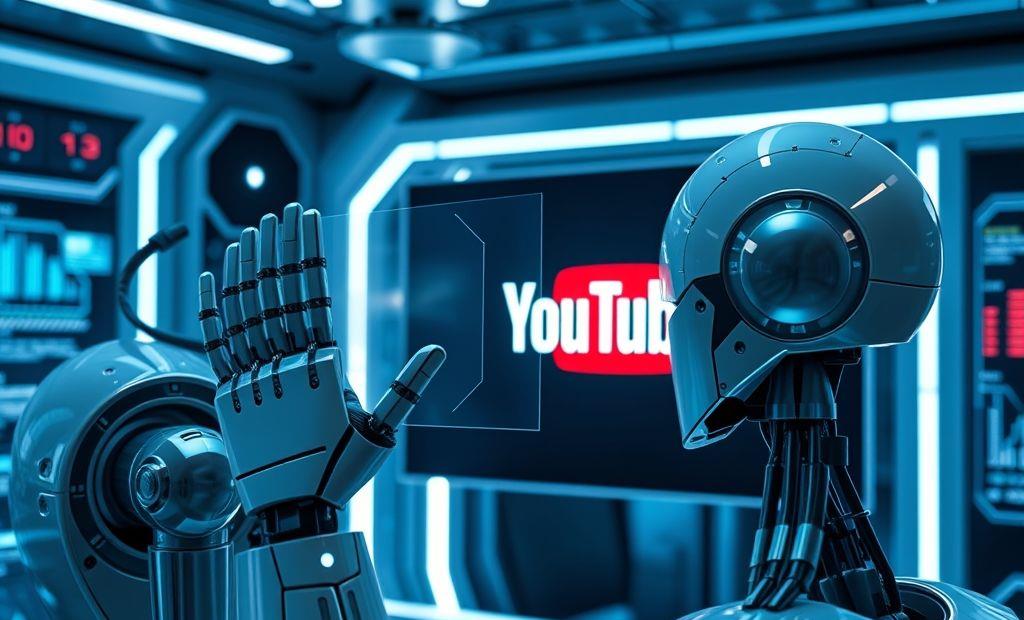YouTube Updates Profanity Rules for Monetization

YouTube Eases Profanity Rules for Monetized Content YouTube has updated its profanity guidelines, offering creators more flexibility regarding the use of strong language in their...
⏱️ Estimated reading time: 2 min
Latest News
YouTube Eases Profanity Rules for Monetized Content
YouTube has updated its profanity guidelines, offering creators more flexibility regarding the use of strong language in their videos. This change impacts which videos are eligible for monetization, potentially opening up new revenue streams for a wider range of content creators.
What’s Changing?
Previously, videos with frequent or intense profanity faced limitations on monetization. Under the updated guidelines, YouTube now distinguishes between different levels and contexts of profanity. This nuanced approach aims to balance advertiser-friendliness with creator expression.
- Moderate Profanity: Occasional use of mild swear words may not impact monetization.
- Strong Profanity: Frequent or intense use of strong language, especially in the video’s opening moments, could still result in limited or no monetization.
- Context Matters: YouTube considers the context in which profanity is used. For example, comedic or educational content may be treated differently than content intended to shock or offend.
Impact on Creators
These changes provide creators with more clarity and control over their content strategies. Creators can now experiment with a wider range of language without automatically sacrificing monetization. The official YouTube Help Center offers detailed guidelines and examples.
How YouTube Enforces the Rules
YouTube uses a combination of automated systems and human reviewers to enforce its monetization policies. Creators can appeal decisions if they believe their videos have been incorrectly flagged. Furthermore, YouTube encourages creators to familiarize themselves with the updated AdSense Program Policies to ensure compliance.
Staying Informed
YouTube regularly updates its policies and guidelines. Creators should stay informed about these changes to ensure their content remains eligible for monetization. Subscribing to the YouTube Official Blog and following relevant creator channels can help you stay up-to-date.
Related Posts
Bluesky Enhances Moderation for Transparency, Better Tracking
Bluesky Updates Moderation Policies for Enhanced Transparency Bluesky, the decentralized social network aiming to compete...
December 11, 2025

Google Maps: Gemini Tips, EV Charger Predictions & More!
Google Maps Gets Smarter: Gemini Tips & EV Updates Google Maps is enhancing user experience...
December 9, 2025

US, UK, Australia Sanction Russian Web Host
Crackdown on Russian ‘Bulletproof’ Web Host The United States, United Kingdom, and Australia have jointly...
December 6, 2025
1 Comment
-
Broker Forex Terbaik
WOW just what I was searching for. Came here by searching for Broker Indonesia











WOW just what I was searching for. Came here by searching for Broker Indonesia